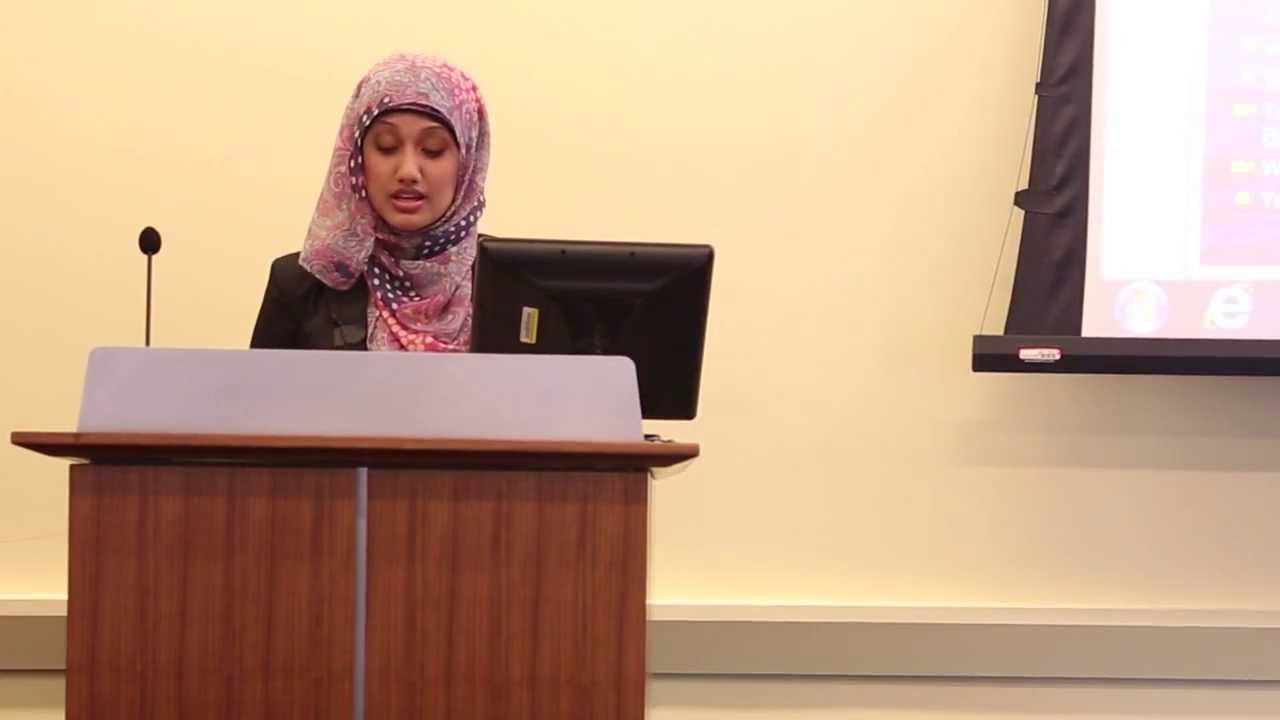The overwhelming success of the dystopian young adult novel, The Hunger Games, and its film adaptation calls into question the amount of violence we expose Muslim adolescents to without a second thought. If we exercise such careful discretion over sexually explicit material, why not at least show a fraction of concern about violence in a film like this one?
I found The Hunger Games, both the book and the movie, a deliciously enjoyable yet harrowing experience. Whether in the form of a spear impaling a child’s body or one character swiftly breaking another’s neck in a fit of rage, its matter-of-fact violence is chilling. Katniss Everdeen may be an admirable female heroine, but she has to act like a vicious killer in order to triumph in these games, and all the while we, the audience, cheer her on.
I am among the many teachers, librarians, parents and guardians who have found themselves torn between encouraging children and young teens to discover a newfound love for reading through these books and sheltering this innocent audience from the ubiquitous violence in these novels. Time and time again, studies have shown that continuous exposure to violence results in a desensitization, which translates into a decline in empathy and in the ability to emotionally connect with others. A Psychology Today article on the subject cites a psychologist who completed a ten-year study revealing that excessive exposure to violence in the media “skews the child’s world view, increases high-risk behaviors, and alters his/her capacity for successful, sustained human relationships.” The piece strongly advises that parents not allow younger children and those with a more anxious disposition to see The Hunger Games.
I’ve observed that although my parents and their friends may cringe at exceptionally explicit depictions of violence, they don’t actively curtail its exposure to their children, young or old. Even if they do, those efforts hardly measure up to their commitment to protect their youngsters’ eyes from sexual content of any kind. (We’ve all experienced the moment when we shrink into our seats as a parent walks in right when there is a sexual scene in an otherwise clean movie.)
Having internalized the value that “violence is fine, sex isn’t,” I’m just as guilty of buying into the double standard. When my twelve-year-old brother asks me if he can see a particular movie, I immediately scan the IMDB’s parental advisory section and almost always skip over the paragraph on violence while intently reading through the information on sex/nudity and profanity. By those standards, The Hunger Games passes with flying colors: its “Sex & Nudity” rating is a mere 3/10, while its “Violence and Gore” rating is a staggering 7/10.
So it seems that violence is implicitly accepted by many Muslim parents, while sex remains strictly off-limits. Why is it so? Is exposure to sexuality seen as being inherently detrimental? It’s somewhat ironic that while not all young children will engage in physical combat during their lives, they will surely grow into sexual beings and procreate. Perhaps this is precisely why parents try to shield their babies from sexually explicit films: they know with certainty that these pre-teens and teenagers will, at some point in the future, become sexually active and fear that exposing the children to sex scenes and the like will accelerate the process. Then again, perhaps parents’ apprehension about sexuality in media isn’t based on a thoughtful and carefully calculated plan of exposing children to salacious content bit by bit as they grow up, but rather is the result of the cultural taboos surrounding sex or anything that is close to it.
Children’s gaming expert and professor Sara Grimes acknowledges the concerns behind graphic violence in a story as popular as The Hunger Games. However, she also suggests that the movie can fuel conversations with adolescents about this very issue. It is important for Muslim parents to apply this perspective when it comes to troublesome content in the media, be it sex or violence. Parents will have to begin by treating violence in films and television as something more than a non-issue, while easing up on their uptight attitudes towards sex. Rather than dismissing the former and enforcing point-blank censoring when it comes to the latter, parents can use both types of content as a tool. They can employ the media as a vehicle to talk about sexuality, violence and gender.
The widespread debate about The Hunger Games and its impact on children’s psychology should serve as a catalyst for Muslim American parents, forcing us to re-evaluate the standards we impose in what we let our children watch, and whether one is being blindly enforced at the expense of another. Perhaps the choice lies not in whether or not parents should protect their children from violent or sexual content, but how they can introduce uncomfortable topics to their young ones by using films as vehicles of conversation.
Photo Credit: Nomadic Lass
Sarah Farrukh completed her B.Sc. in Social Sciences at the Lahore University of Management Sciences and is currently a Masters of Information student at the University of Toronto. She writes about faith and books at A Muslimah Writes.





